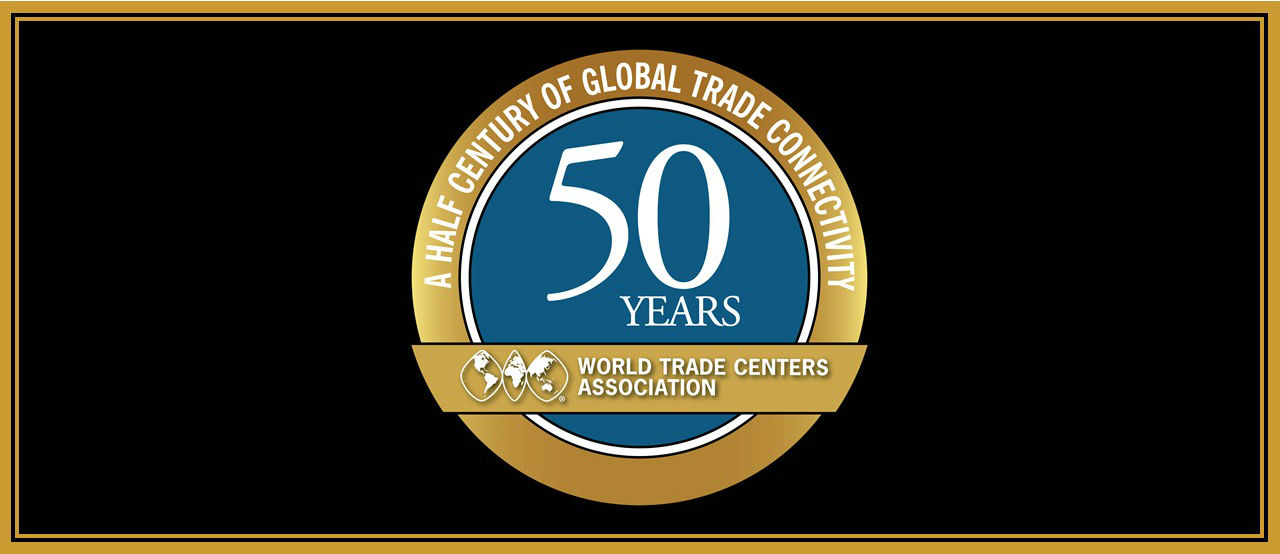COVID-19 Updates From Around the Network: Asia Pacific

Since the lockdown of Wuhan, China in late January, the Asia Pacific region has been in the frontline of the ongoing fight against COVID-19. While some areas such as China are now stabilized and on the cautious path to recovery, others such as Japan and Singapore have seen cases spike and have had to extend existing lockdowns or take additional measures to curb the outbreak.
Business in the region has experienced massive disruption, and World Trade Center (WTC) operations were not immune. Working remotely has become common for WTC staff and tenants, WTC construction has been suspended, hospitality services have been brought to a halt, and trade shows and conventions have been postponed or canceled. Facing the unprecedented challenges, WTCs across the region have demonstrated their commitment to their communities by working quickly to facilitate and sustain operations and services with adaption and innovation. On April 10, an APAC Regional Town hall was held to give updates, share best practices, and discuss strategies for operations under COVID-19 from a regional perspective. The meeting saw participation from 28 representatives of 18 regional WTCs across eight countries — including Australia, China, Cyprus, India, Philippines, South Korea, Sri Lanka and Vietnam — who shared impacts within their communities.
For Pamela Pascual, President and CEO of WTC Metro Manila, 2020 was supposed to be the year for facility expansion as one of the most prominent exhibition and business event venues in the Philippines. The project was derailed when the region was hit by the outbreak. With a cascade of canceled events and the growing need from the local community for a large-scale supplemental healthcare facility, WTC Metro Manila started to reach out to community partners for help, resulting in the “WTC We Heal as One Center” (1) project to repurpose its exhibition hall into a 502-bed quarantine center.
In China, Oceanwide Holding Group, the parent company of WTC Wuhan CBD, has donated millions of dollars’ worth of funds, personal protective equipment (PPE), and medical equipment to the community. Two of its premier hotels were also dedicated to lodging first responders who came from different parts of the country. Further, in an effort to help tenants and local businesses financially, the company waived or reduced rental payments for tenants. In India, WTC Chandigarh created an emergency “COVID-19” fund to support all construction workers at its project site to ensure their safety and well-being.
WTCs in the region have also been playing a critical role in keeping local businesses informed of the government’s changing measures and restrictions. For example, WTC Bengaluru hosted a seminar which featured healthcare experts as speakers to help raise awareness for COVID-19 prevention in business community. WTC Mumbai has been sending out a daily newsletter on the changing business environment and regulations. WTC Taipei has been posting updates on the progress in the efforts to contain COVID-19. And when China was planning to reopen for business, WTC Beijing, WTC Guangzhou, WTC Shanghai, WTC Shenzhen, WTC Xiamen, and WTC Xi’an worked hard to get access to government aids for their member companies.
WTCs around the world have also been well positioned to leverage the WTCA global network for trade facilitation to meet the high demand of PPEs and other medical supplies. In January, the WTCA created the COVID-19 section in the WTCA Resource Center (in a folder titled “0. COVID-19 (Coronavirus) Information”) to exchange information and establish matchmaking efforts to deal with shortages of medical supplies. Many of the region’s WTCs — including WTC Beijing, WTC Chongqing, WTC Macau, WTC Metro Manila, WTC Mumbai, WTC Quanzhou, WTC Shenyang, and WTC Xi’an — have contributed valuable supplier information to help fellow WTCs.
Additionally, many WTCs in the region have expanded their services to include trade related to legal and business to address their communities’ needs. Covering a range of services, these WTCs are assisting businesses with force majeure certifications, PHEIC clearance and contract disputes, trade financing and foreign exchange risk management, and other services to promote products for exporting as exhibition and trade fairs are not currently available.
To keep business as normal as possible, businesses have had to make significant changes to the way they communicate. Many WTCs are taking the lead in the wave of innovation. For example, WTC Suwon invested in a video conferencing system which can help in business matchmaking and communicating with their SME community. WTC Beijing tapped its e-show global platform to display its members’ products and promote trade, and, similarly, WTC Taipei developed an online Taiwan Trade program that enables buyers to connect with sellers digitally. WTC Xiamen created a social media group to provide instant consulting services for companies in need. WTC Binh Duong New City has launched webinars to educate clients on sustaining operations and preparing for a post-COVID-19 recovery. This ongoing trend of digitization has been accelerated in light of the pandemic and seems to come with a lasting impact on the way we conduct business.
(1) World Trade Center Metro Manila, “WTCMM: Going Down in History to Fight COVID-19,” Accessed April 27, 2020. https://www.wtca.org/locations/world-trade-center-metro-manila/news/wtcmm-going-down-in-history-to-fight-covid-19.

